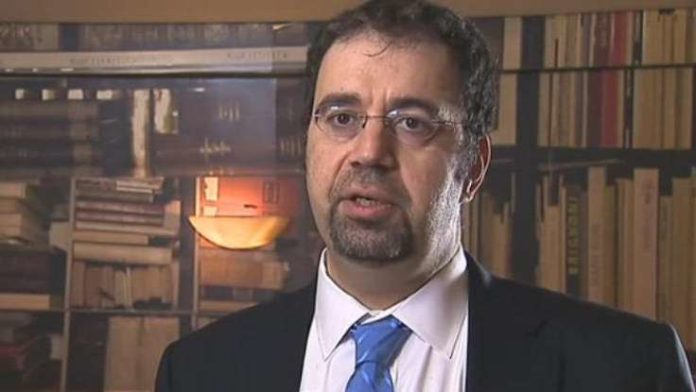ISTANBUL (Ahval) — Turkey has a serious productivity problem because its government has compromised the independence of key institutions and failed to encourage the development of new thought and technologies, said Daron Acemoglu, professor of economics at the Massachusetts Institute of Technology (MIT).
Rather than focus on measures to improve productivity, the governing Justice and Development Party (AKP) has sought to grow the economy through investments in construction and real estate, Acemoglu, who is among the ten most-cited economists in the world, said in an interview with Karar newspaper published on Tuesday.
“Turkey’s economy has grown over the past 13 years but increases in productivity have been zero or negative,” Acemogu said. “This is all about institutions. With better institutions, there will be a bigger space for the development of new and better ideas.”
Turkey’s government is seeking to boost economic activity following a currency crisis that erupted in August 2018, shortly after President Recep Tayyip Erdogan assumed enhanced executive powers at nationwide elections. His administration has announced a series of economic measures, including cheap lending by state-run banks and incentives to invest in production and property, to boost economic growth to 5 percent in 2020 from an estimated 0.5 percent last year.
Instead of increasing its supervision of society, the Turkish state needs to step back and allow the media, the judiciary and universities to operate without political interference, Acemoglu said. Turkey, under the new presidential system, is tightening the state’s hold on society, he said.
“With better institutions there will also be more investment in technology,” he said. “We saw these kinds of institutional reforms at the start of the 2000s, right after the economic crisis of 2000-2001. In this short period, Turkey showed great potential for better quality economic growth.”








